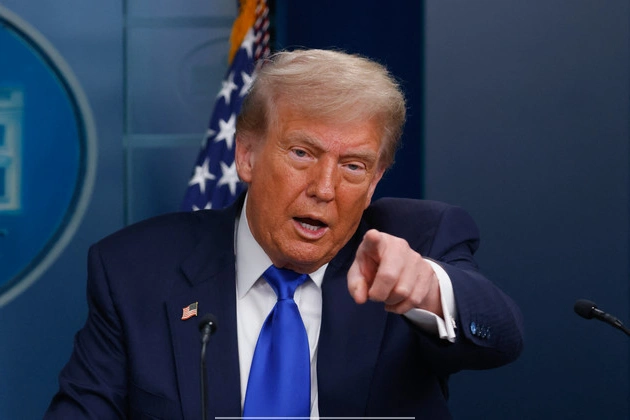
Governor Phil Murphy Signs Final Budget Amidst Criticisms
New Jersey Governor Phil Murphy faced rare and biting criticisms from within his own administration and longtime allies as he signed his final budget of $58.8 billion. The criticisms highlighted disagreements over various aspects of the spending plan, showcasing the vulnerability of the term-limited Democrat.
Two members of Murphy’s own Cabinet labeled parts of the budget as a “terrible idea” and “a great disappointment,” while unions that were previously strong supporters of the governor expressed concerns about cuts to health care spending for state workers.
Despite the criticisms, Murphy and top legislative Democrats emphasized key inclusions in the budget, such as a $7.2 billion payment into the state’s underfunded pension fund, record funding of $12 billion for public schools, and continued support for property tax relief programs. The state surplus also saw a significant increase to $6.7 billion compared to previous years.
The final budget closely mirrored Murphy’s initial proposals from February, with additional funds added by Democratic lawmakers in the final stages. However, concerns were raised about the $1.5 billion structural deficit, indicating a spending imbalance.
Notably, last-minute changes to the budget drew criticism from various quarters, including a Senate Republican who felt the state was unprepared for potential Medicaid cuts from the federal government. The disagreements and critiques underscored the limited time Murphy has left in office and the political challenges he faces.
Internal Criticisms and Reactions
Attorney General Matt Platkin, a long-time ally of Murphy, criticized plans to allocate funds from opioid litigation to hospitals without clear purposes, highlighting a rift within the administration. Acting Comptroller Kevin Walsh also raised concerns about budget provisions benefiting low-rated nursing homes, indicating a divide in priorities.
The budget’s allocation of opioid settlement funds to hospitals and nursing homes sparked further disapproval from legislative members and industry stakeholders. The tensions surrounding the budget decisions reflected the broader challenges faced by the administration in balancing competing interests and financial constraints.
Despite the internal criticisms and external pressures, the budget’s passage signaled a significant milestone in Murphy’s tenure as governor. The political fallout and implications of the budget decisions are likely to reverberate in the coming months as the state navigates complex financial and healthcare challenges.
Looking Ahead
As New Jersey prepares for gubernatorial elections and legislative changes, the budget decisions and criticisms serve as a backdrop for future policy debates and governance. The impact of the budget on key sectors like healthcare, education, and taxation will be closely monitored as the state transitions to a new phase of leadership.
In conclusion, Governor Phil Murphy’s final budget reflects the complexities of governance and the diverse perspectives that shape public policy. The criticisms and compromises embedded in the budget process underscore the need for strategic decision-making and stakeholder engagement in managing the state’s fiscal priorities.











